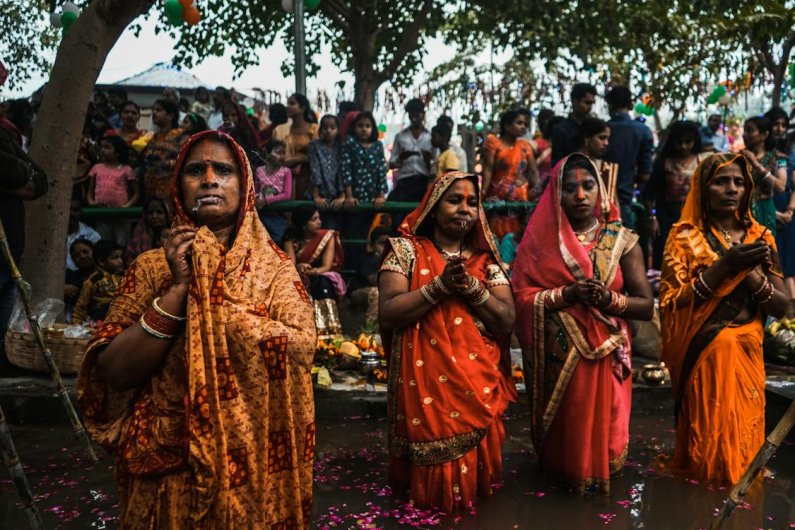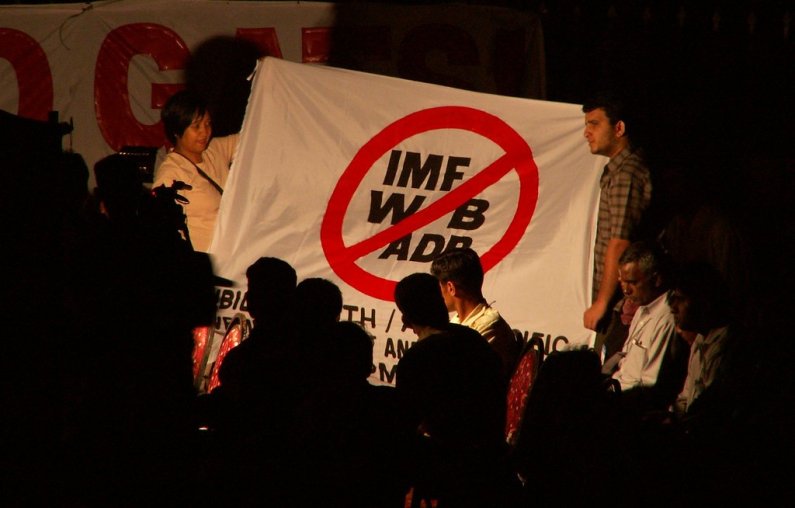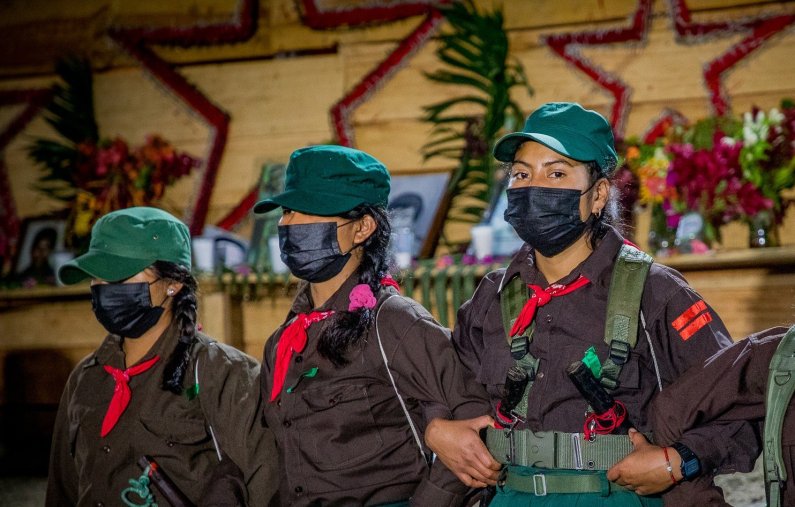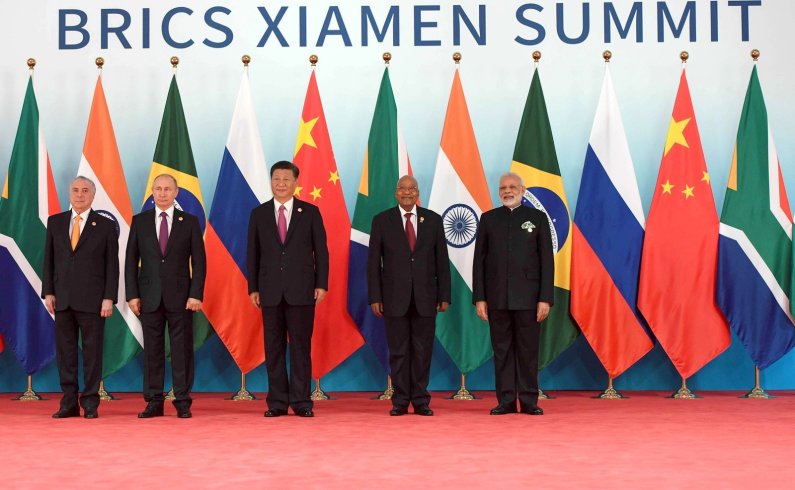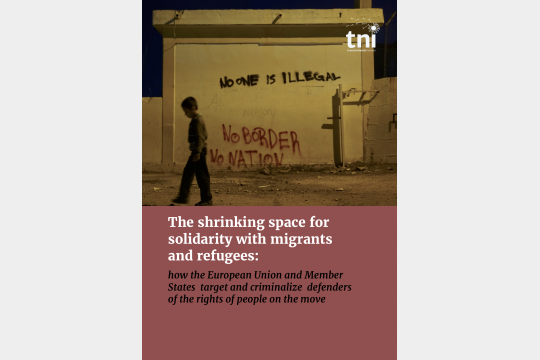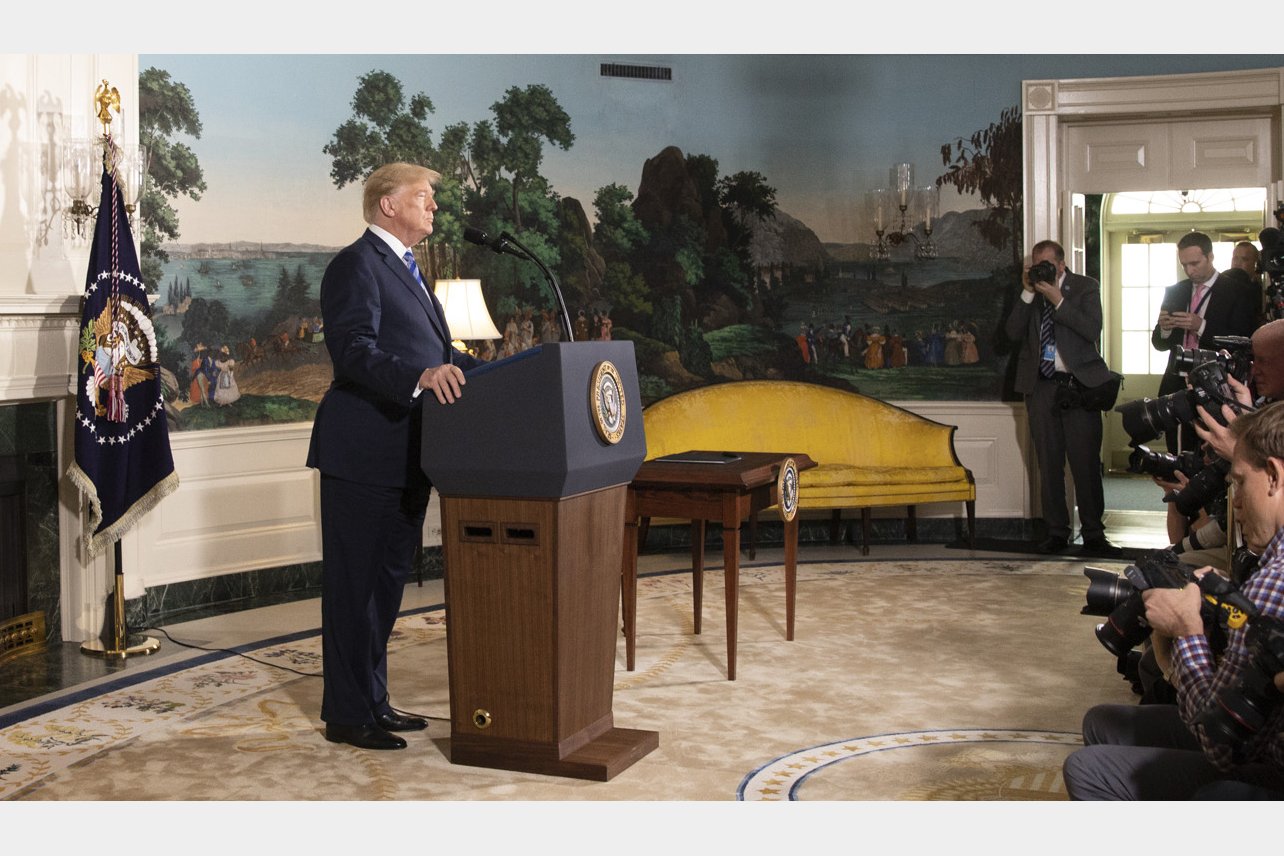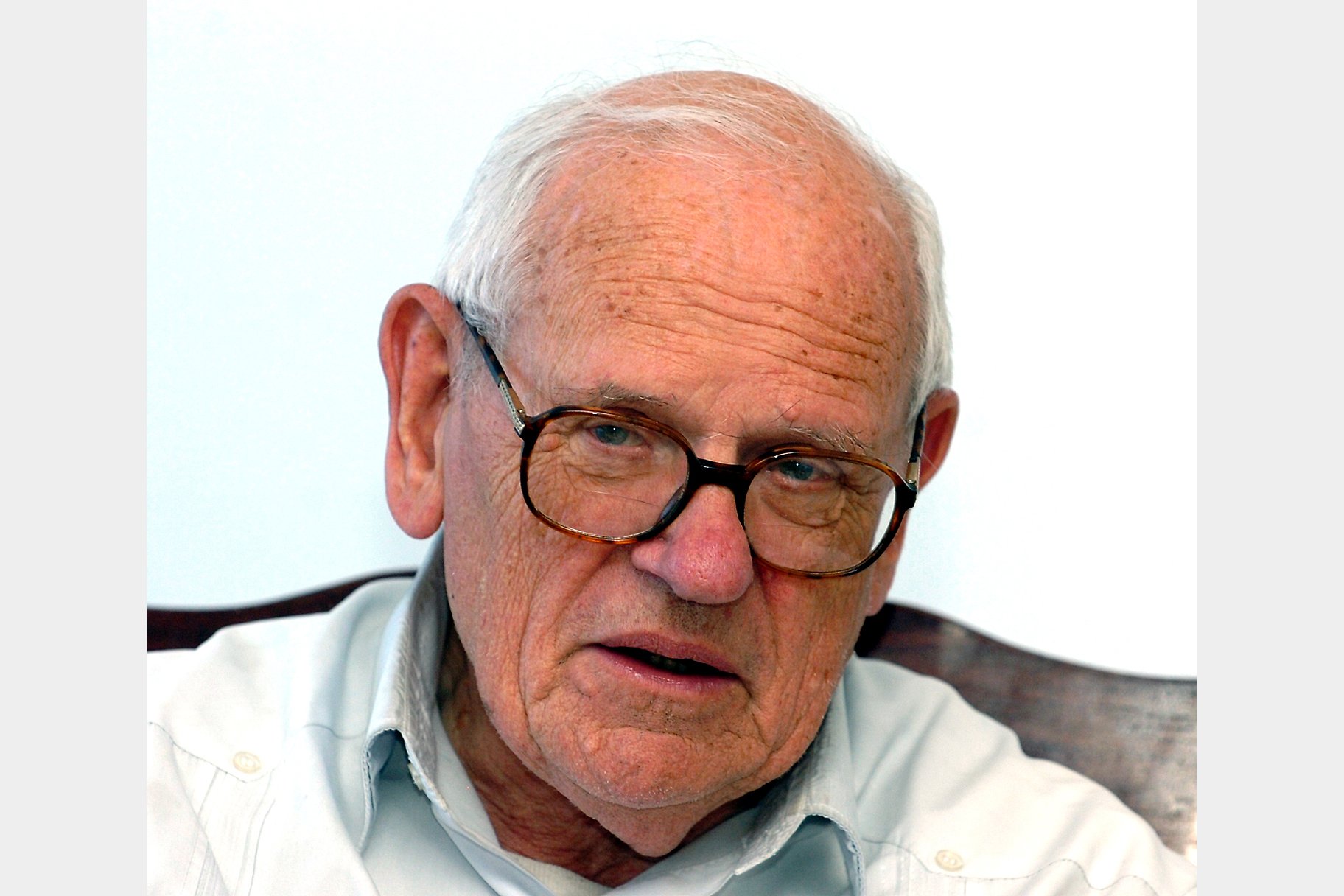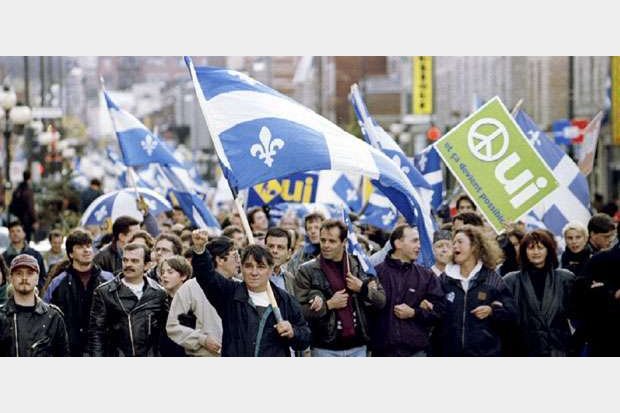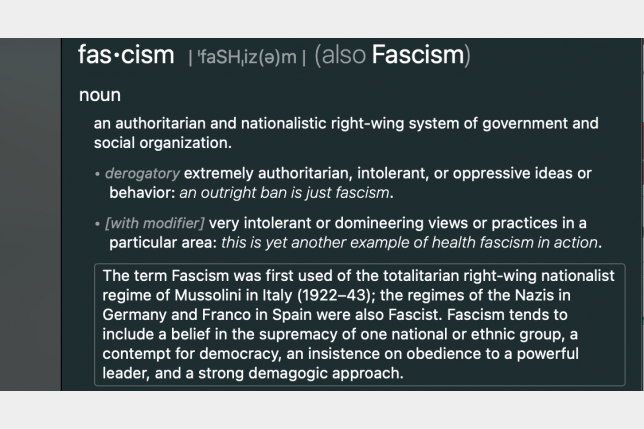Venezuela is in a serious social, economic and political crisis. The death of Hugo Chávez, who had "rebuilt" the country in 1999, coincided with a catastrophic decline in oil prices, which accounted for 90% of the country’s exports and income. Meanwhile, the governance of his successor Nicolás Maduro has significantly aggravated the impacts of this crisis. With the threat of intervention by the United States, which would like to destroy this country in the name of "human rights" and "democracy", the situation is even more serious. Such an intervention would not only destroy the government, but would also crush an entire people and their progressive forces.
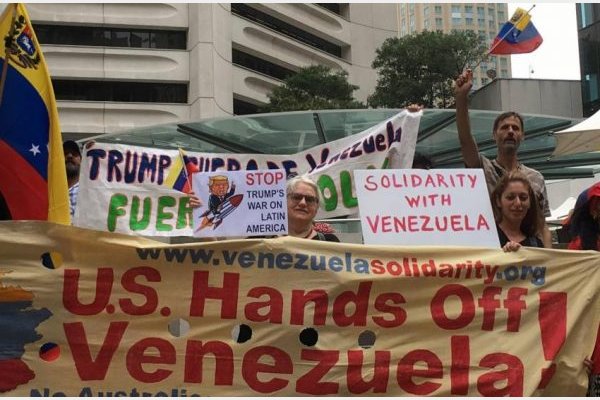
Faced with the crisis in Venezuela: what to do?

